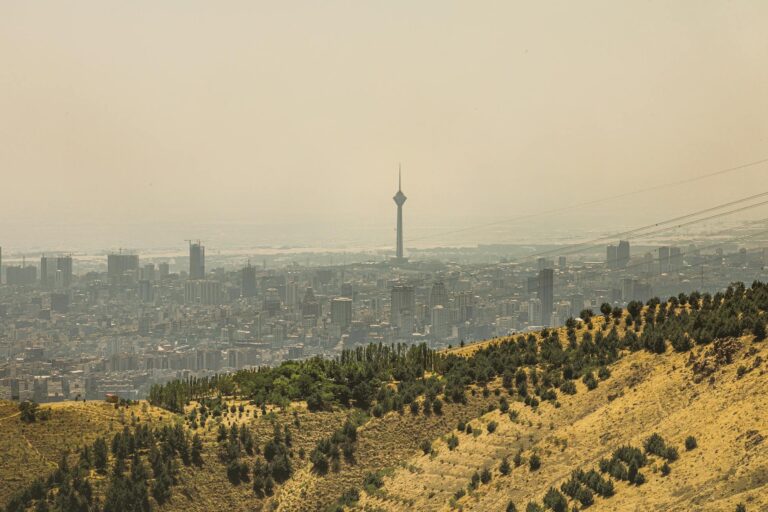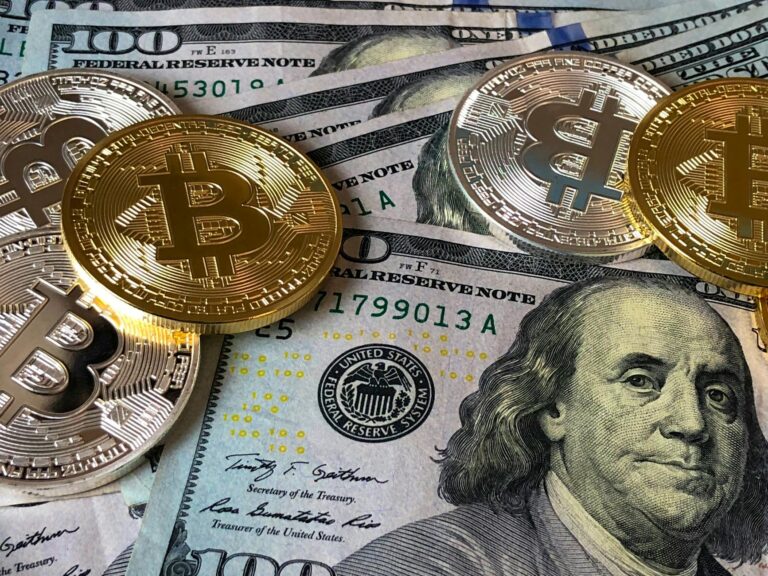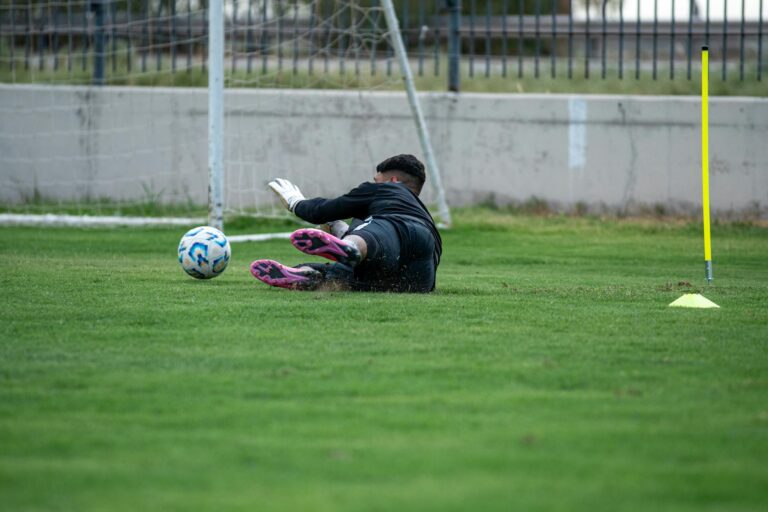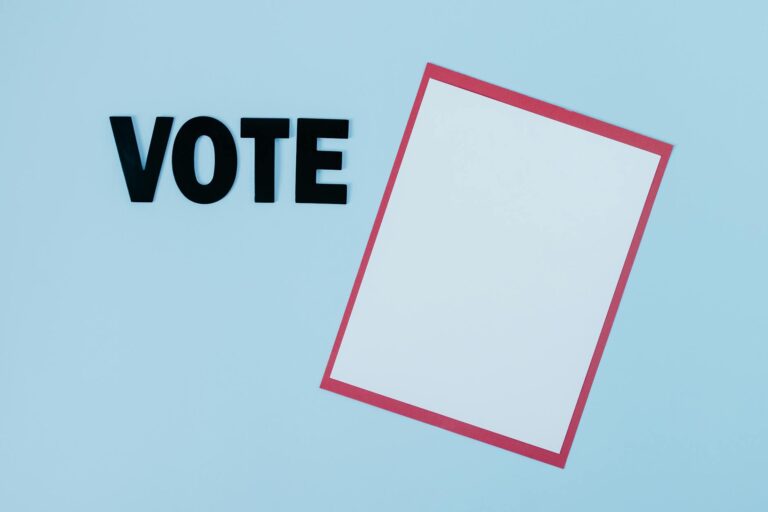Sudden Shocks Are Back—And Honestly, We’re Not Ready
Let’s be real for a second. The past twenty years? Absolute rollercoaster. One minute we’re dealing with banks collapsing, next thing you know there’s a virus shutting down the entire planet. And that’s the thing—these aren’t just random bad luck moments anymore. They’re coming faster, hitting harder, and honestly? We’re still figuring out how to deal with them.
So What Exactly Counts As a “Sudden Shock”?
Picture this: You’re going about your day when—bam!—everything changes overnight. That’s what happened in 2008 when the economy decided to take a nosedive. Or remember how COVID turned “working from home” from a luxury to a survival tactic in like, two weeks flat? Even smaller stuff—like that massive ship getting stuck in the Suez Canal—showed us how one little hiccup can mess up global trade for weeks. The scary part? This isn’t exception anymore. It’s Tuesday.
Why Should You Care Right Now?
Here’s the kicker—everything’s connected now in ways we don’t even realize. A hacker in Russia turns off the lights in Ukraine. Wildfires in Canada make the air in New York unbreathable. And psychologically? We’re all walking around with this low-grade anxiety, waiting for the next shoe to drop. My friend put it best: “It’s like we’re all permanently stuck in that moment when you miss a step on the stairs.”
The Weird Science of Chaos (Yes, There’s Science)
Okay, stay with me here. You know how when you hurt your back really bad, sometimes your legs just… stop working for a bit? That’s called spinal shock—and weirdly, countries kinda do the same thing when crisis hits. Or think about those heart defibrillators—zapping someone back to normal rhythm is basically what bailouts try (and often fail) to do for economies. Even allergies—where one peanut can take down your whole system—are freakishly similar to how a tiny virus in Wuhan became everyone’s problem.
How Not to Get Screwed Next Time
- For regular people: Keep some cash under the mattress (metaphorically speaking). Learn skills that can’t be automated—I don’t know, maybe plumbing? And work on your mental game, because panic never helped anyone.
- Business folks: Stop putting all your eggs in one supply chain basket. Hackers are getting smarter faster than you are—keep up. And maybe don’t have your entire operation in one flood zone?
- Governments: Start talking to each other before the crisis hits. I know, revolutionary concept.
What Past Disasters Taught Us (Spoiler: We Didn’t Learn Much)
2008 proved even the biggest banks could go down like a house of cards. COVID showed that “preparedness” often means a dusty binder in some bureaucrat’s drawer—but also that scientists can move crazy fast when properly funded. And hurricanes like Ian? They’re not just about rebuilding houses anymore—it’s about asking why we’re building in flood zones to begin with.
Coming Soon to a Planet Near You
Buckle up, because the next wave of chaos is already lining up: AI taking jobs, fake videos starting real wars, and—no joke—NASA’s actually working on asteroid defense now. Technology’s a double-edged sword here—it might predict the next market crash, but it’s also creating brand new ways for things to go sideways. The question isn’t if something big will happen. It’s whether we’ll still be scrambling when it does.
Bottom Line
This isn’t going away. The shocks will keep coming, probably faster. Resilience isn’t about having a perfect plan—it’s about being able to pivot when (not if) the plan explodes. Like that historian Ferguson says, we’re past the point of predicting disasters. Now it’s just about not getting completely wrecked by them. Harsh truth? The “good old stable days” were never really that stable to begin with.
Source: Financial Times – Global Economy












